In the ever-evolving digital landscape, mastering the intricate world of Search Engine Optimisation (SEO) is crucial for businesses and websites seeking to enhance their online visibility. To navigate this complex realm effectively, a comprehensive glossary that provides a clear understanding of key SEO terms and concepts is paramount.
This article aims to provide such a resource, offering a vast array of definitions, explanations, and examples for various aspects of SEO. By delving into topics such as keywords, backlinks, on-page optimisation, and more, this glossary caters to both novices and seasoned professionals in the field.
Through its regular updates to reflect the latest industry trends and terminology, the glossary ensures users remain informed and equipped to optimise their websites and improve search engine rankings. By aligning with the objectives of SEO strategies, this comprehensive glossary serves as an indispensable tool for those seeking to harness the power of SEO and enhance their digital presence.
SEO Glossary
The SEO Glossary is a valuable resource for both beginners and experienced SEO professionals. It provides a comprehensive list of terms related to search engine optimisation and helps users understand and navigate the complex world of SEO.
It covers various aspects of SEO, including keywords, backlinks, and on-page optimisation.
The glossary includes definitions, explanations, and examples for each term, allowing users to gain a deep understanding of the terminology and its application.
It is regularly updated to reflect changes in the SEO industry, ensuring that users stay up-to-date with the latest trends and developments.
By utilising the SEO Glossary, individuals can improve their website visibility in search engines and effectively optimise their online presence.
Keywords and Research Tips
Keywords and research tips are essential elements to consider when optimising a website for search engine visibility. Choosing the right keywords is crucial for targeting the right audience and improving organic rankings. Effective keyword research involves identifying relevant and high-volume search terms that align with the website’s content and objectives.
Various tools and techniques can aid in this process, such as using keyword research tools, analysing competitor keywords, and considering long-tail keywords. Additionally, it is important to regularly monitor and update keywords based on changes in search trends and user behaviour.
Research tips include conducting thorough keyword analysis, understanding user intent, and incorporating keywords strategically in website content, meta tags, URL structure, and headings. By implementing effective keyword research strategies, websites can increase their chances of ranking higher in search engine results and attracting targeted organic traffic.
Improving Search Engine Rankings
To enhance search engine rankings, implementing effective optimisation strategies is crucial. There are several tips that can help improve search engine rankings.
First, it is important to conduct thorough keyword research to identify relevant and high-performing keywords to target. This involves analysing search volume, competition, and relevance to the website’s content.
Additionally, optimising on-page elements such as meta tags, headers, and URL structure can signal to search engines the relevance and quality of the webpage.
Creating high-quality and engaging content that naturally attracts backlinks from reputable sources can also boost search engine rankings.
Finally, monitoring and analysing website performance through metrics such as bounce rate and conversion rate can provide insights into areas that need improvement.
By implementing these strategies, websites can increase their visibility and improve their search engine rankings.
Backlink Strategies
Implementing effective backlink strategies is essential for improving search engine rankings and increasing website visibility. Backlinks play a crucial role in SEO as they signal to search engines that a website is trustworthy and authoritative.
By obtaining high-quality backlinks from reputable sources, websites can improve their search engine rankings and attract more organic traffic. One strategy for building backlinks is through outreach and relationship building with relevant websites and influencers in the industry. This can involve guest blogging, where a website contributes a guest post to another website in exchange for a backlink.
Another strategy is creating valuable and shareable content that naturally attracts backlinks. It is important to focus on acquiring diverse and natural backlinks that are relevant to the website’s niche to maximise the impact on search engine rankings.









